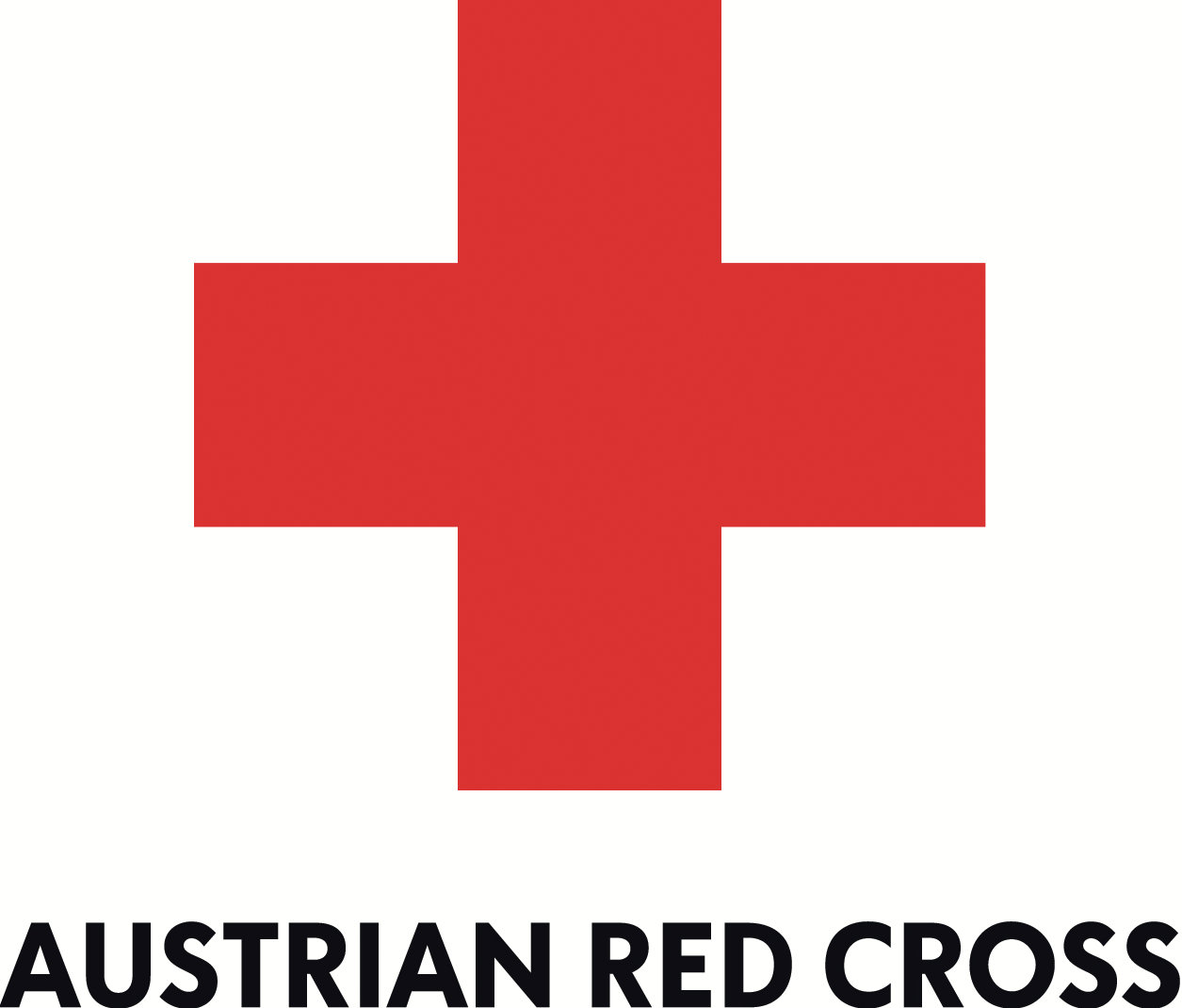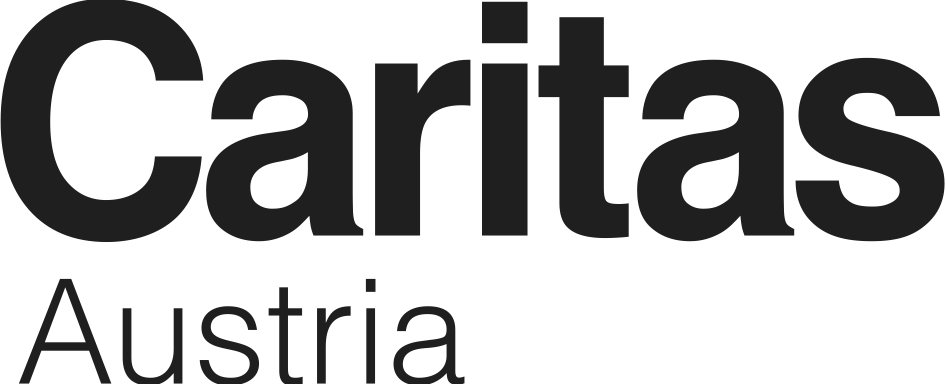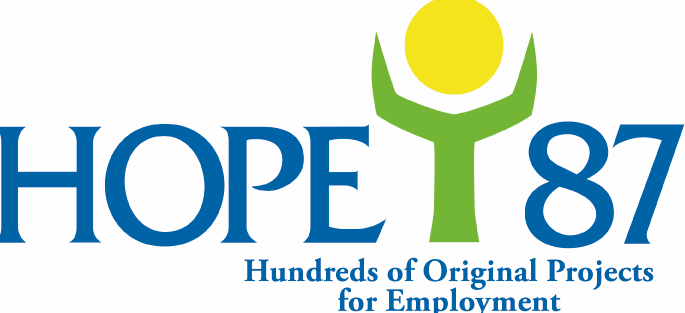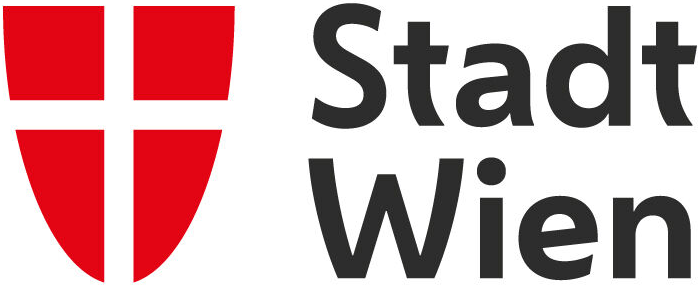Keynote Speech
Najla Tabet Chahda Director of Caritas Lebanon Migrant Center
Moderator
Petra Dannecker Head of Department of Development Studies, University of Vienna
Panel Members
Stefanie Kron Professor at Department of Development Studies, University of Vienna
Jose Luis Rocha Jesuit Refugee and Migrant Service
Caroline Abu Sada Coordinator Research Unit, MSF Switzerland
Border areas are increasingly important spaces of humanitarian aid projects, such as refugee camps run by humanitarian organizations. These camps are often located in border areas close to the conflict regions from which the refugees have had to flee. These regions tend to be militarized by state actors and/or non-state actors; as such humanitarian actors are confronted with specific challenges: One of these challenges is what can be called the securitization of humanitarian aid in borderlands. The permeability of borders allows for both cross-border attacks, which may even lead to a spill-over of the conflict, as well as illegal cross-border activities, such as the smuggling of drugs, arms and people. Furthermore, new conflicts may also arise due to xenophobia and physical attacks against refugees by security forces, border guards and the local population. As in many politically and social instable contexts, sexual and gender-based violence is prevalent and poses major challenges to women, children and humanitarian organizations.
Last but not least, one can observe a tendency to construct refugee camps in borderlands as a security problem in order to justify the further control of borders.
Against the backdrop of the problems outlined above, the panel will explore the following questions:
Militarization & Protection:
How does the militarization of borders during conflict affect refugees, locals and humanitarian organizations? How can refugees and locals be protected from assault, rape and attacks by state and non-state actors of security and violence (militias, soldiers, policemen, border guards, smugglers of drugs, arms and people)?
Gender:
How does the militarization/securitization of borders affect gender relations in refugee camps? How can humanitarian agencies act in order to prevent both gender discrimination in the area of the distribution / provision of material goods and social benefits as well as in the area of sexual and gender-based violence in the camps?


















